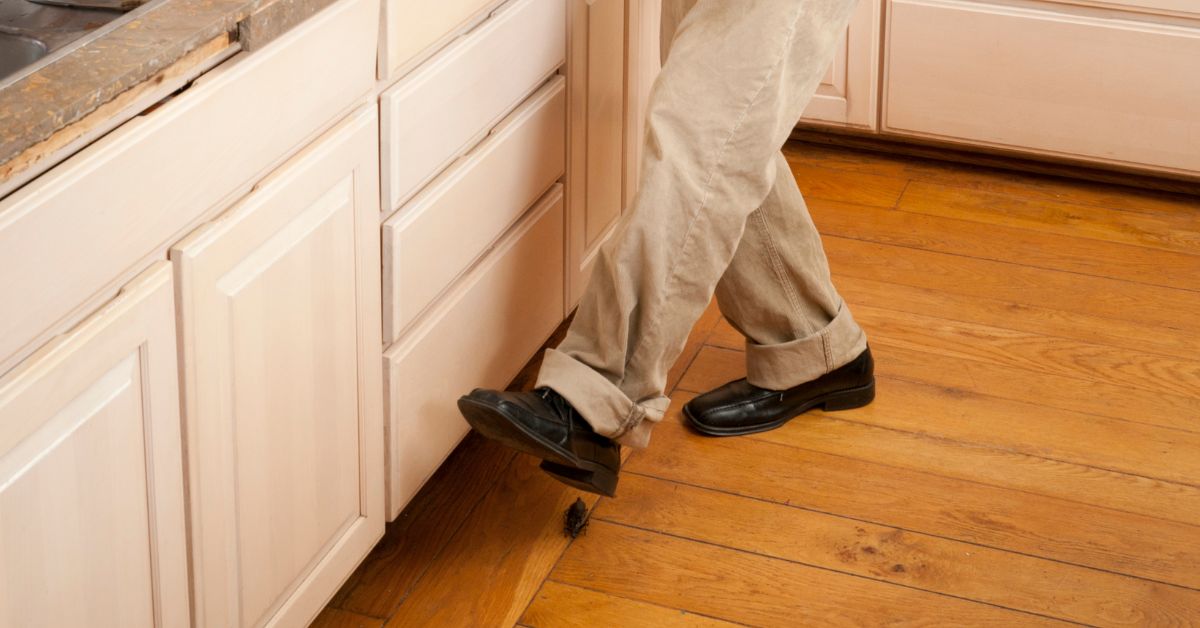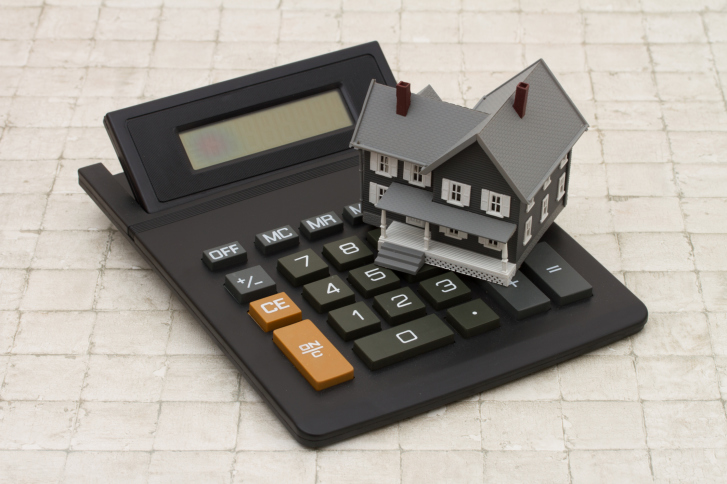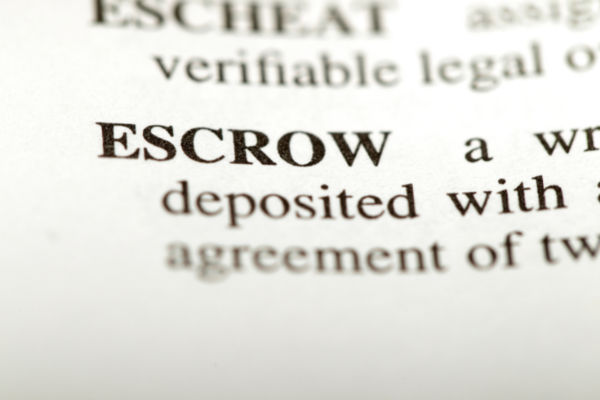The Top Ways To Keep Pests And Infestations Out of Your Home
 There are a lot of pests that may try to make their way into your home, and they can cause significant health and safety issues in addition to detracting from your property values. It can be very difficult to remove infestations once they have infiltrated your home, so it is always better to prevent them from happening. What are a few tips you should keep in mind?
There are a lot of pests that may try to make their way into your home, and they can cause significant health and safety issues in addition to detracting from your property values. It can be very difficult to remove infestations once they have infiltrated your home, so it is always better to prevent them from happening. What are a few tips you should keep in mind?
Seal The Doors And Windows
One of the easiest ways for pests to get into your home is to crawl through open doors and windows. Therefore, you should start by sealing your doors and windows from time to time. You may want to reach out to an expert who can evaluate your doors and windows for possible cracks and crevices. By eliminating them, you make it significantly harder for pests to infiltrate your house.
Properly Dispose Of Trash And Recycling
You should also properly dispose of all garbage and recycling. As long as it is safe for you to do so, try to put food down the garbage disposal. Then, don’t forget to clean your garbage disposal from time to time. Furthermore, try not to wait until your trash is overflowing to take it out. Also, be sure you rinse all of your recycling before you put it in the recycling bin. That way, it becomes less attractive to pests.
Clean Your Drains Regularly
Remember that you should also clean your drains regularly. Your drains can collect a lot of mold, mildew, strange odors, and food waste that become attractive to pests. While you might once the drains after you put food down them, that is not enough. You should try to deep clean your drains regularly to prevent pests from taking advantage of them.
Keep Pests Out Of Your Home
Ultimately, these are a few of the most important tips you should keep in mind if you want to keep pests out of your home. A pest infestation can become a serious health risk while also making your home less attractive to a potential buyer. If you believe you have a pest infestation, reach out to a professional who can help you.

 If you are interested in purchasing a home, how much money should you put down? This is a difficult question that all potential homeowners need to answer, as it will dictate the size and location of the house you can afford. There are a number of factors to consider, so what do you need to know?
If you are interested in purchasing a home, how much money should you put down? This is a difficult question that all potential homeowners need to answer, as it will dictate the size and location of the house you can afford. There are a number of factors to consider, so what do you need to know? There are many complicated terms thrown around regarding your mortgage, and one of them is an escrow account. You will probably hear that your lender will collect some additional money every month for escrow payments. If you take a look at your mortgage statement, you will see your interest, your principal, and your escrow. What does this mean, and why do you have to pay additional money that isn’t going toward the balance of your loan?
There are many complicated terms thrown around regarding your mortgage, and one of them is an escrow account. You will probably hear that your lender will collect some additional money every month for escrow payments. If you take a look at your mortgage statement, you will see your interest, your principal, and your escrow. What does this mean, and why do you have to pay additional money that isn’t going toward the balance of your loan?